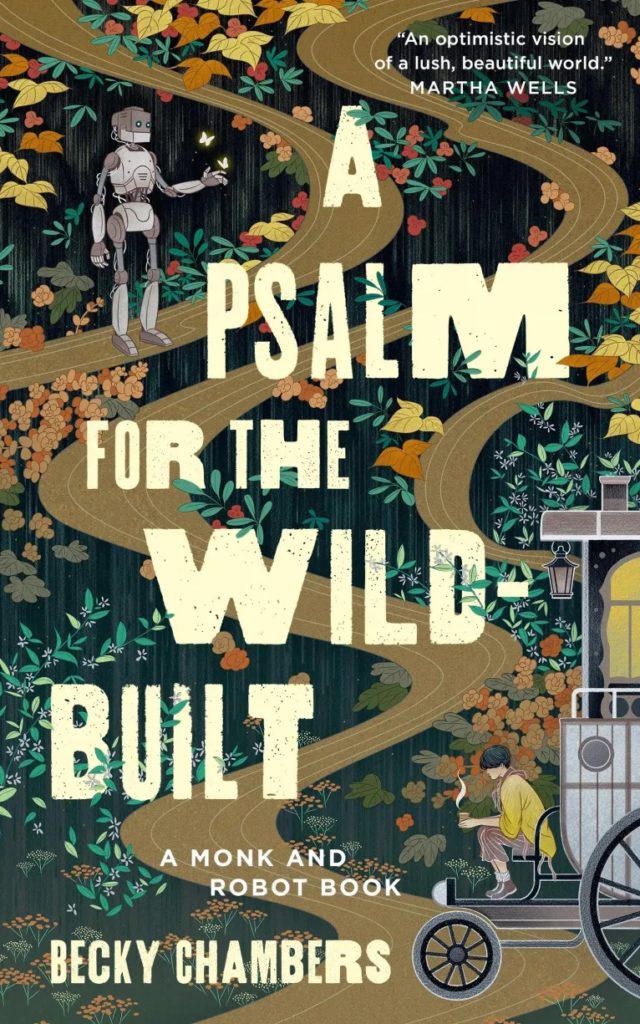A recent exchange reminded me of a great book I read recently, as an attempt to rediscover the love of science fiction I’d once had, and which had faded with the devolution of sci-fi into bleak pessimism, a perverted wallowing in the supposed hopelessness in our species, diseased and fetishistic lusting for (and after) the apocalypse as a sort of displaced modernization of the religious sickness of the flagellant, and war war war war war war war and every narrative turning on the gun, because people can’t be bothered to read Ursula K. Le Guin’s elegant counter in the brief, but insightful, “The Carrier Bag Theory of Fiction.”
I’d gone so far as to attempting my own sci-fi novel as a nod to James Murphy’s excellent dictum that the best way to complain is to make things, setting some basic rules—no war, no AI, no FTL travel, no artificial gravity, no murders…and so on—writing at a leisurely pace that equates to “I wonder if I’ll finish this before I die,” but along the way, helpful fans in my circle pointed out some excellent humane modern science fiction of a genre that’s been dubbed “solarpunk,” which inspired me to wonder if I could catch the tail of that flowing gown as its practitioners stride into a future that’s not the usual grimdark catalog of miseries.
One of my favorite suggestions has been the work of Becky Chambers, a fantastic writer in the field, and I recently finished the first two books of her Monk & Robot series, which exist in a pastoral future where, when AI arose suddenly in that stabilizing green future, the response wasn’t war war war, but a collective release with an apology, as their former workforce was treated to an apology and the right to live as they chose…and they chose to disappear into the recovering forests of the moon where they all lived and disconnect from their former masters.
Continue reading Reading: Becky Chambers
